Update on Property Tax Study Committee
26 Oct 2020, by Sara Westbrook Share :Last week, the IAC Legislative Committee met virtually to receive a property tax update. The Property Taxes and Revenue Expenditures Study Committee met the week prior. The Study Committee discussed several pieces of draft legislation. These drafts focused on a variety of options from transparency and uniformity, removing the ability of cities and counties to issue misdemeanors for city or county ordinance violations, property tax budget caps, taxation on government property when leased to a private entity or lessee, changing requirements of the homeowner’s exemption to changes on who would be allowed to charge impact fees and circuit breaker legislation that would likely include some kind of means test.
The Legislative Committee discussion mainly focused on transparency and uniformity, limitations on city and county ordinance authority, and property tax budget caps. The following is a quick summary regarding the draft proposals on these three topics as well as the possible impacts of the proposals:
Transparency & Uniformity
The draft legislation proposes uniform accounting, budgeting, and financial reporting procedures with each taxing district being required to annually report budget information to the State Controller’s Office. School districts would be excluded (due to other uniformity practices already in place), but all other taxing districts (including public health districts) would be required to comply. This information would then be made available on TransparentIdaho.gov where state data is currently housed. This is intended to replace the current requirement to submit budget information to LSO. In addition, this draft also includes the creation of an oversight committee made up of three House members, three Senate members, and the state controller or his designee. The committee would then approve a uniform accounting manual for local government entities as well as any future revisions. Under the proposed legislation, the oversight committee has until 2025 to develop, adopt, and implement uniform local government accounting and budget and financial reporting procedures.
Misdemeanor Changes
Co-Chair Jim Rice (Canyon County) proposed legislation to remove the ability of cities and counties to impose misdemeanors as a penalty for violating a local ordinance. Under his proposal, cities and counties would only be allowed to issue an infraction for an ordinance violation.
Budget Caps
The property tax budget cap proposed by the Study Committee would allow counties and other local taxing districts to grow their base property tax budgets annually by the current consumer price index (CPI) up to 3%. In addition, counties and other taxing districts would be allowed to budget new construction property taxes up to an overall cap of 5%. To put a CPI growth factor in perspective, over the last decade, annual CPI has increased approximately 1.6%. Assuming this trend continues, average county property tax budget growth would be capped at CPI (approximately 1.6%) plus new construction up to a total of 5%. If the CPI exceeds 3%, counties and other local taxing districts would be capped at 3% plus new construction up to 5%. While this would be difficult for a variety of reasons for different counties, we recognize that the burden placed on counties that are not currently growing could be immense when the CPI comes in at a low percentage.
Talking Points
Now that we have actual draft proposals on the record from the Study Committee, we encourage you to reach out to your legislators with these proposals in mind. Remember that these are still drafts at this point with likely changes to come. Share how these proposals would affect your counties.
Transparency has been a major theme for this study committee. This could be seen as an opportunity for counties to let policy-makers look behind the curtain to see how careful you are being with taxpayer dollars. Transparency legislation provides an opportunity for counties to work with legislators on a solution to help all taxpayers better understand how local property taxes are spent.
What are the problems with the legislation proposed? Are you from a rural county with little new construction? Are you from a growing county with new construction in excess of 5%? Share how the proposed budget caps would affect your county. In addition, be sure to share ideas for how these problems could be addressed. This will demonstrate to lawmakers that the counties are at the table and want to find real, long-term solutions to address the property tax issues currently facing many Idahoans.






